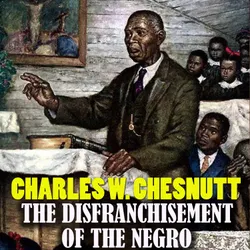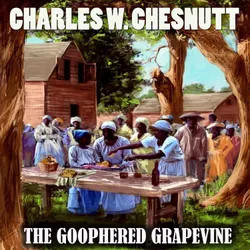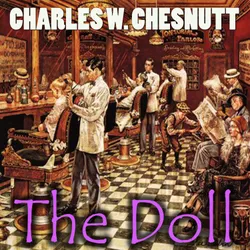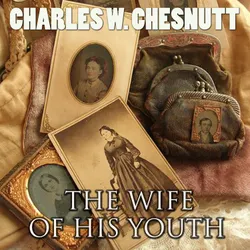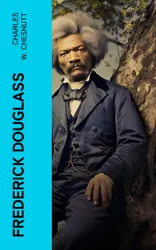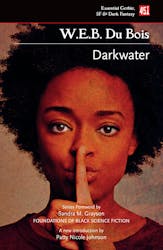An early slave narrative, a skilfully woven satire on the stereotypes of plantation life and the apparently beneficent white owner. Told as a series of gentle fables, in the style of Aesop.
Featuring a new introduction for this new edition, The Conjure Woman is probably Chesnutt's most powerful work, a collection of stories set in post-war North Carolina. The main character is Uncle Julius, a former slave, who entertains a white couple from the North with fantastic tales of antebellum plantation life. Julius tells of supernatural phenomenon, hauntings, transfiguration, and conjuring, which were typical of Southern African-American folk tales at the time. Uncle Julius tells the stories in a way that speaks beyond his immediate audience, offering stories of slavery and inequality that are, to the enlightened reader, obviously wrong. The tales are fabulistic, like those of Uncle Remus or Aesop, with carefully crafted allegories on the psychological and social effects of slavery and racial injustice.
Foundations of Black Science Fiction. New forewords and fresh introductions give long-overdue perspectives on significant, early Black proto-sci-fi and speculative fiction authors who wrote with natural justice and civil rights in their hearts, their voices reaching forward to the writers of today. The series foreword is by Dr Sandra Grayson.



